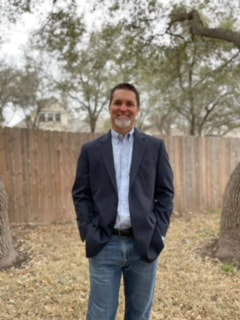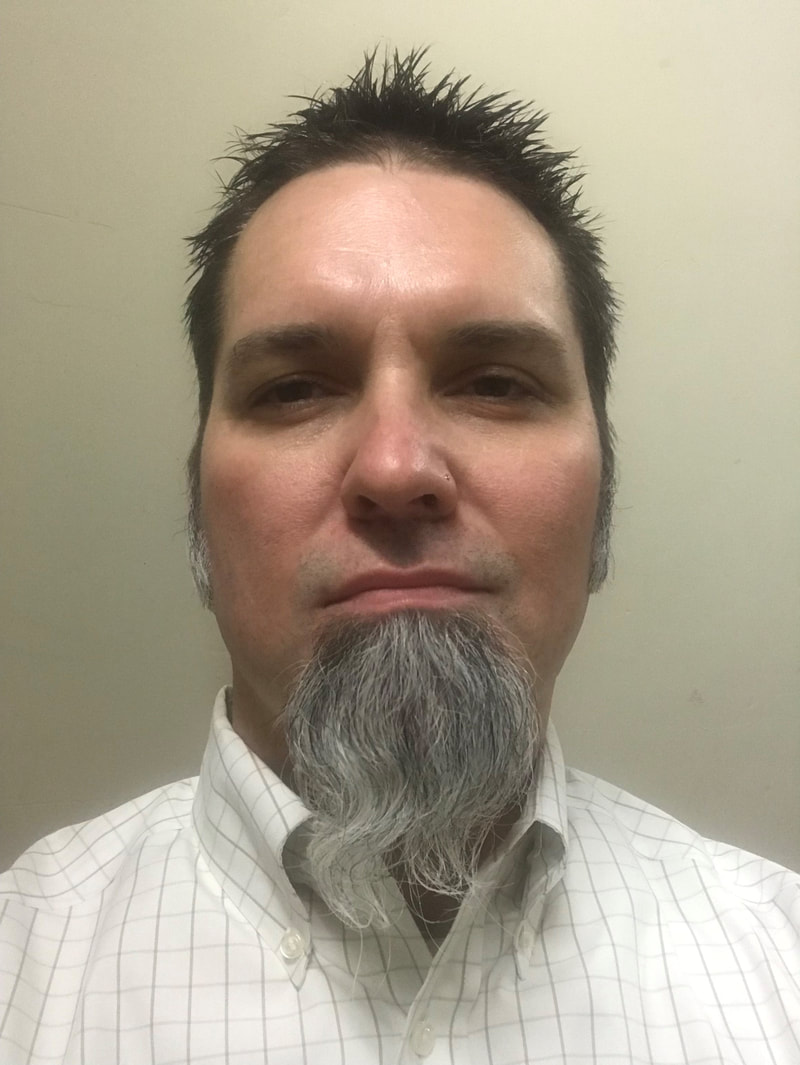
Ever since I started following politics, I’ve been drawn to the national scene. It’s easy to be. It’s in the news everywhere: from Victoria, Texas where I was born and raised, to Dallas where I spent most of the 1990s, to here, where I’ve been for all but a couple months of this century.
I’ve been fascinated by the effect the national government could have on society as a whole, and the economy in particular. If I wasn’t studying at UTSA’s graduate school, I was reading the writings of the Founding Fathers.
Some friends and family suggested back then that I run for office on the local level, but that wasn’t where my head was at.
Plus, I didn’t want to simply learn how to government, making a career out of politics. The self-serving nature of following such a path detracts from what public service should be about.
Instead, I turned to teaching. That was the kind of grassroots effort I could totally engage in, and feel like I was having an impact.
Then last year happened, and my perspective changed. It numbed me to see all the empty parking lots whenever I was on the road.
There’s no denying that the coronavirus threw everyone for a loop. State and local leaders could almost be forgiven for acting as forcefully as they did early on, trying to wrap their heads around the sudden shock.
But that inclination should have bounced away with the Easter Bunny a month later.
To strip the capacity of citizens to take responsibility for whether or not to peaceably gather, to any extent, is at the very least a highly questionable endeavor. To have the power to fine families for getting together is obscene.
We’re not children.
As I perused the city council’s recent agendas to see the extent to which these breaches were condoned, I stumbled onto some other questionable activities. The first one that grabbed my attention was the paid sick leave commission.
An effort should be made to amend the city’s charter to prevent any other such measure from becoming law.
This could be done by either increasing the threshold of voters’ signatures required to put an ordinance before the city council. Or, more preferably, inserting language to make clear that commandeering the resources of one party to redistribute to another is off-limits.
The seizure of the property of the minority should never be subject to the whims of the majority.
This proposed change to the charter stands opposite in nature to the ballot initiative recently passed by the council to “include affordable housing” as that which can be funded by bond borrowing.
One councilwoman implied that it’s more important for government to be in the housing industry than to fix roads. I respectfully disagree. Local governance is arguably more duty-bound to smooth out "dirt roads" than build houses.
The more government intrudes into private life, the more it impedes our ability to flourish. It rarely offers optimal products and services, and it gives consumers the illusion that this is as good as it gets.
The fact that the city wants to do this by shackling our kids with an ever-growing debt burden is especially disheartening.
I confess that when I started tuning into politics, I felt that as long as the federal government backed off from “doing something,” localities could take it from there. It was consistent with the system of federalism the Founding Fathers graced us with.
Since then, I’ve come to know better.
Settling in San Antonio over twenty years ago was almost like coming full circle. All the television stations were piped into Victoria when I was growing up, and I vividly remember Chris Marrou, Albert Flores and the legendary Dan Cook on KENS5’s nightly newscasts.
We also had friends and family here that we would visit, including my late uncle Jake Inselmann, who was city clerk in the 1960s and 1970s.
I pledge to do my best to facilitate the continued delivery of basic municipal services to the citizens of district six, and San Antonio overall. I will stand up however, against any and all proposals that essentially keep citizens under the thumb of dependency, preventing them from maximizing their ability to prosper.
---
See my "On The Issues" page to get a feel for what I believe, and how to help if you agree.
See my "About Me" page to get to know me a little better.
Connect with me on Facebook and Twitter.
Regards,
Chris

 RSS Feed
RSS Feed